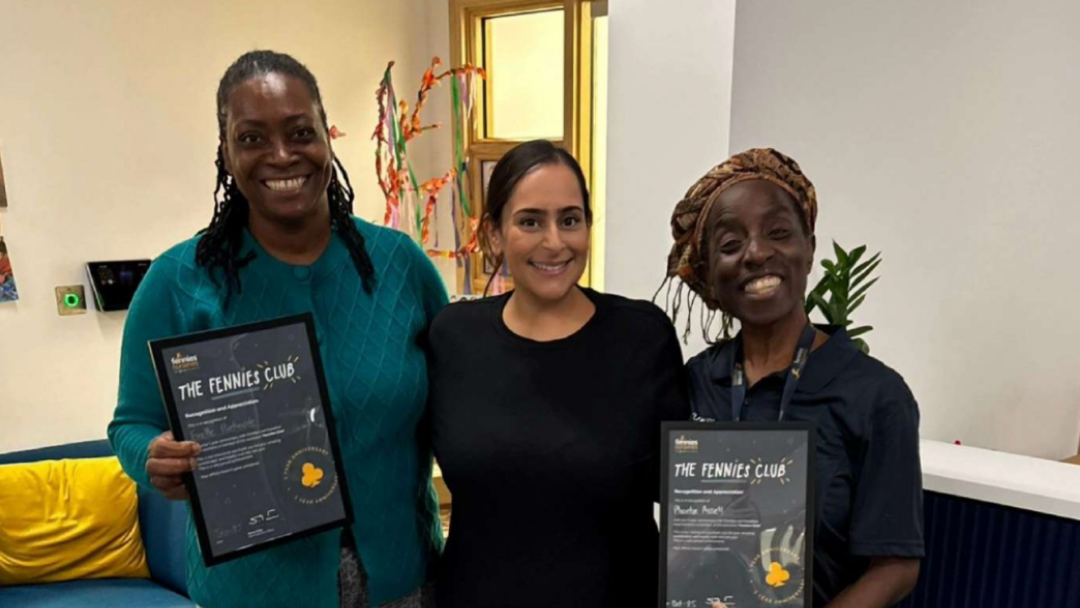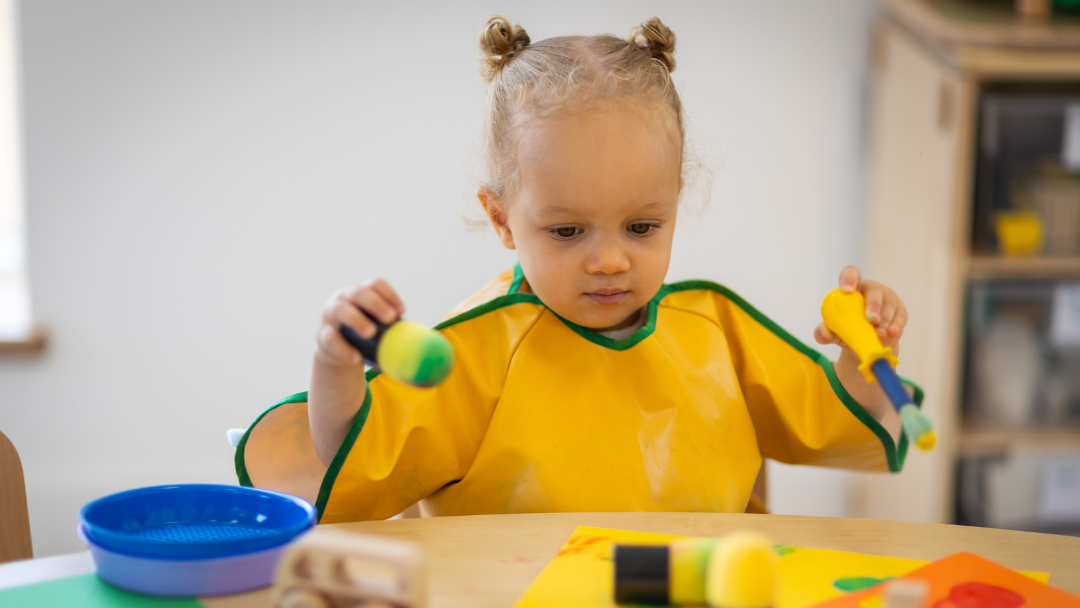HomeFennies are proud to be accredited by the Early Years Nutrition Partnership (EYNP) for our menus and contribution to supporting good nutrition in the early years. As part of our subscription, we are delighted to bring you regular nutrition updates and evidence-based articles written by our Registered Nutrition Professionals from EYNP, Janet Aylott and Catherine Lippe.
How can I encourage my child to drink more often?
Our bodies are made up of over 50% water. So it stands to reason that we need to make sure we stay hydrated and keep those levels topped up. In this blog we share why staying hydrated is so important, and some top tips on the best drinks for your child.
Why is staying hydrated so important?
At birth a baby’s body consists of around 75% fluid. Our body composition changes as we grow and develop, but even as adults’ fluid remains a vital part of our make-up.Fluid is really important for health as every cell in our body needs it to function normally, as well as to help us get rid of waste products. Without adequate fluids, very few processes in the body can work properly.
What happens if my child doesn’t have enough fluid?

Hydration is particularly important for children as they have higher needs in relation to their body weight compared to adults. Infants and young children are also less heat tolerant than adults, so it is particularly vital that we monitor levels of hydration in hot weather or when a child has been very active.Unlike adults, children don’t always recognise when they are thirsty so dehydration can be a bigger risk.Signs of dehydration might include:
- Increased irritability
- Tiredness or lethargy
- Headaches
- Lack of concentration
- Sunken eyes or sunken soft spot on the head (in babies)
- Peeing less than 4 times per day or dry nappies in young children
- Dark coloured urine
- Constipation
How much fluid do children need?
Aim to offer 6 – 8 small cups of fluid (120 – 150ml per cup) per day for under 5s. Remember children may need more or less depending on the weather, levels of physical activity and any underlying illness.
What is the best drink choice?
Water is the best choice for children to stay well hydrated, and it is important to get children used to the plain taste at a young age. Introducing flavours to water and drinks like squash may reduce the likelihood of children tolerating plain water.

Hydration is particularly important for children as they have higher needs in relation to their body weight compared to adults. Infants and young children are also less heat tolerant than adults, so it is particularly vital that we monitor levels of hydration in hot weather or when a child has been very active.Other drinks such as milk and fruit juices can provide fluid and other nutrients. Fruit juices should always be diluted for under 5s, and only offered at mealtimes due to the acidic nature of the juice which can damage tooth enamel.Fizzy drinks and caffeine-containing drinks such as tea and coffee should not be given to under 5s.Breastfed babies don’t need any other drink before 6 months of age. Formula-fed babies may need a little extra water but make sure that this is previously boiled and cooled water.
How can I encourage my child to drink more often?
Being a good role model is important to support children in drinking plenty of fluids during the day. Children like to copy their peers and adults in the room, so make sure you always have a drink to hand and encourage little ones to drink by:
- Make sure you always have water available to drink throughout the day having a jug or water bottle in each room can help
- Ensure a drink is available at every meal or snack time
- Offer drinks regularly (if not freely available) and encourage children to stop and take a drink
- Remember that many foods like fruits and vegetables, yoghurt, soup have a high water content too and can contribute to fluid intake
- Make water interesting. Let your child choose their own water bottle or add ice or fruit to their drinks
If you would like to read more about Healthy Hydration in Early Years, there is additional information in this factsheet from the Natural Hydration Council and British Dietetic Association.
FAQ
Subscribe to our newsletter
Stay up to date with Fennies news







.png)


